How does the male ball valve design enable smooth and effortless on/off operation?
The male ball valve design is a key characteristic...
MORE >>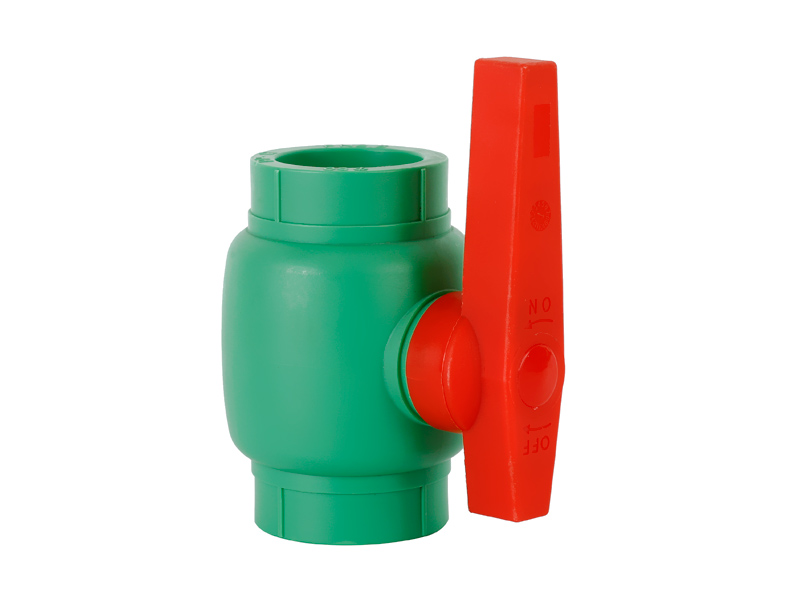
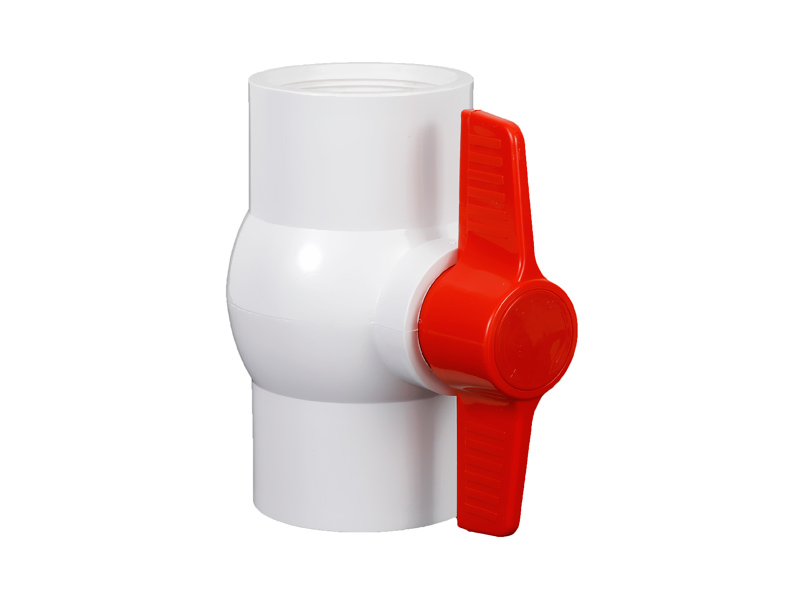
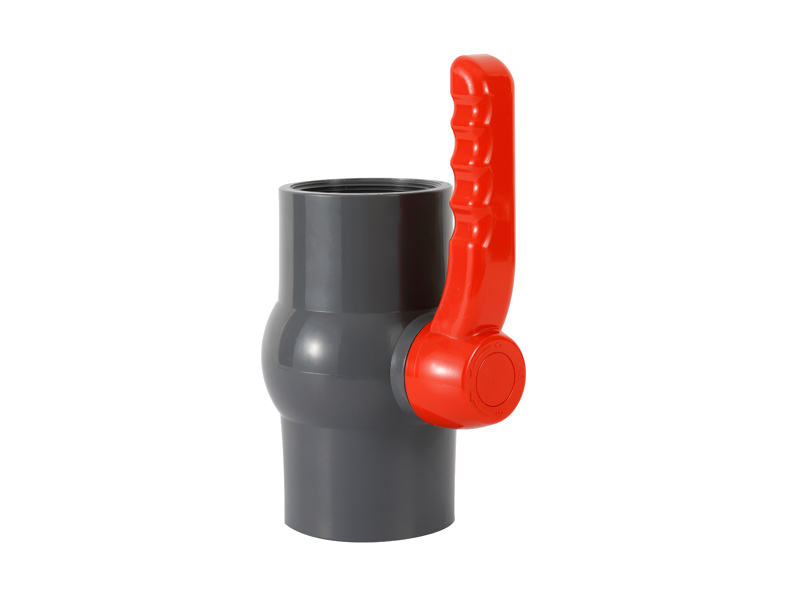
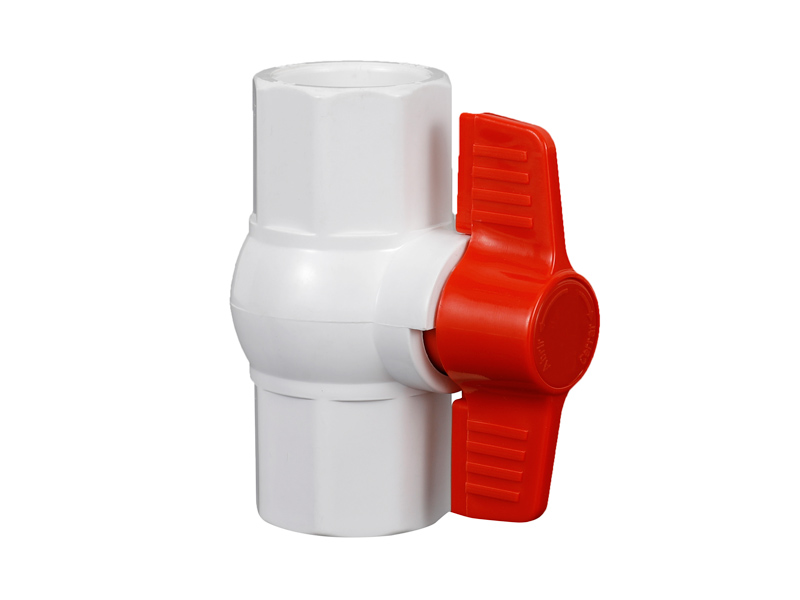
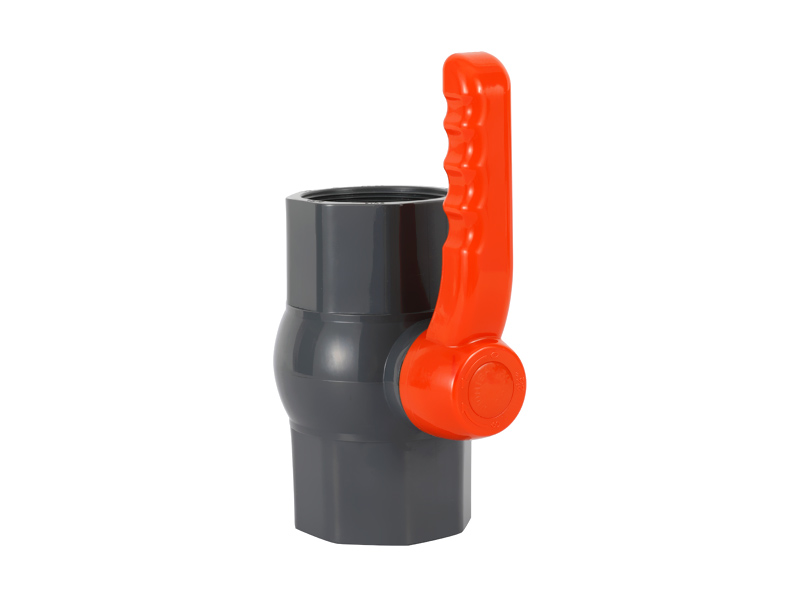
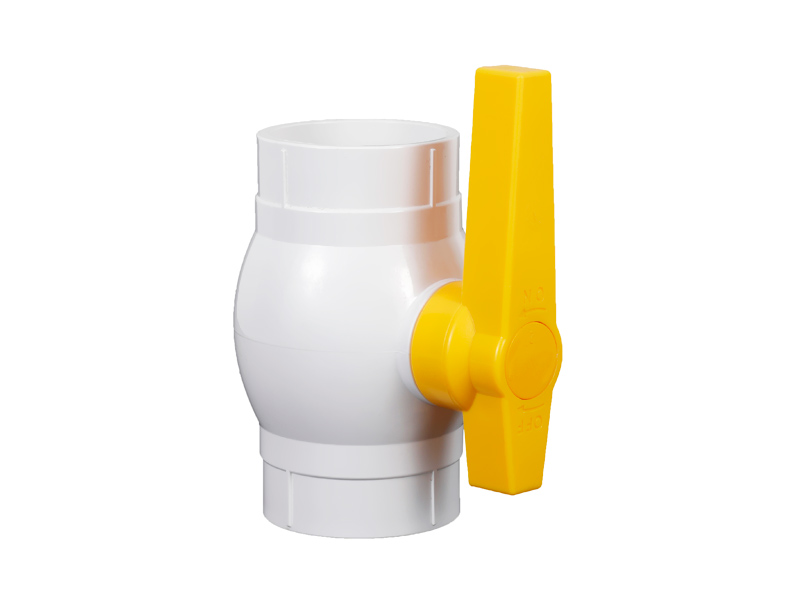
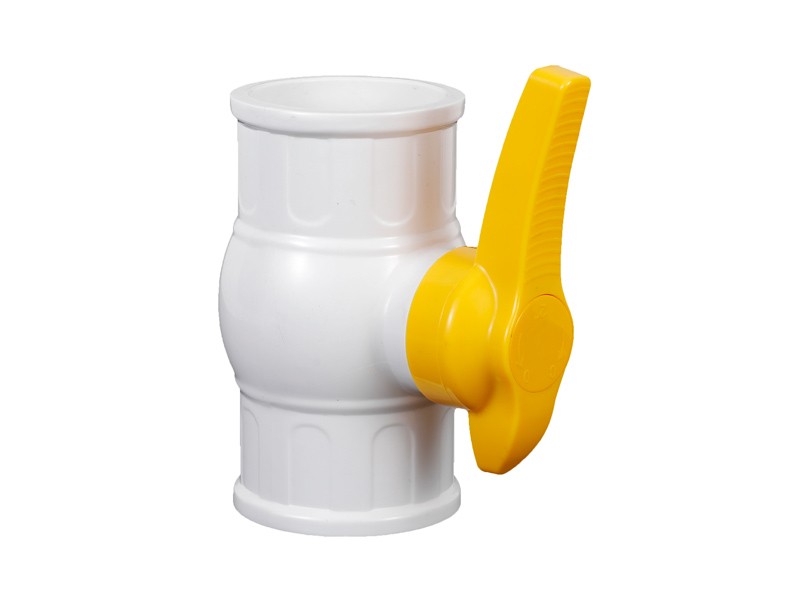
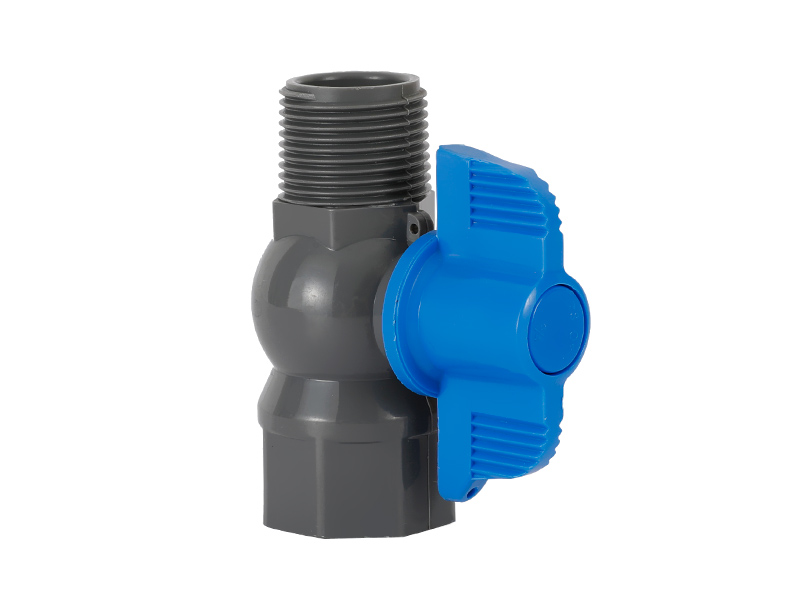
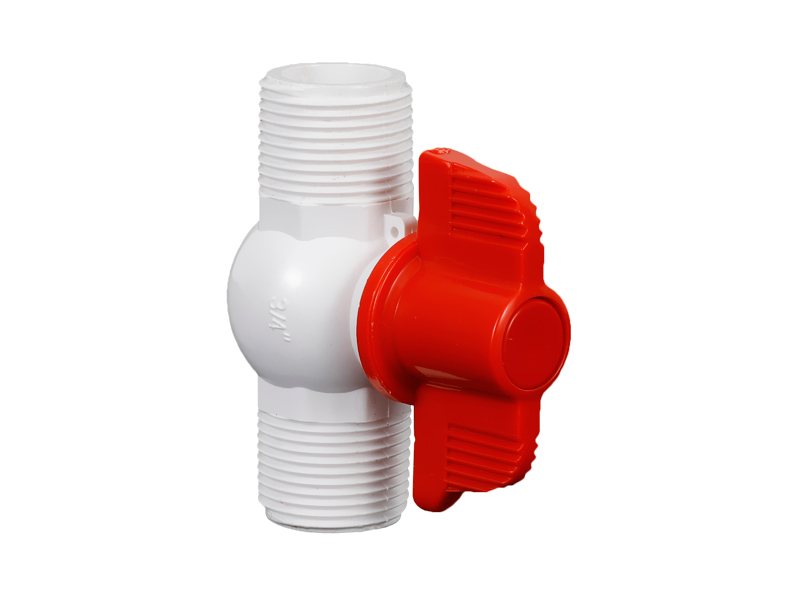

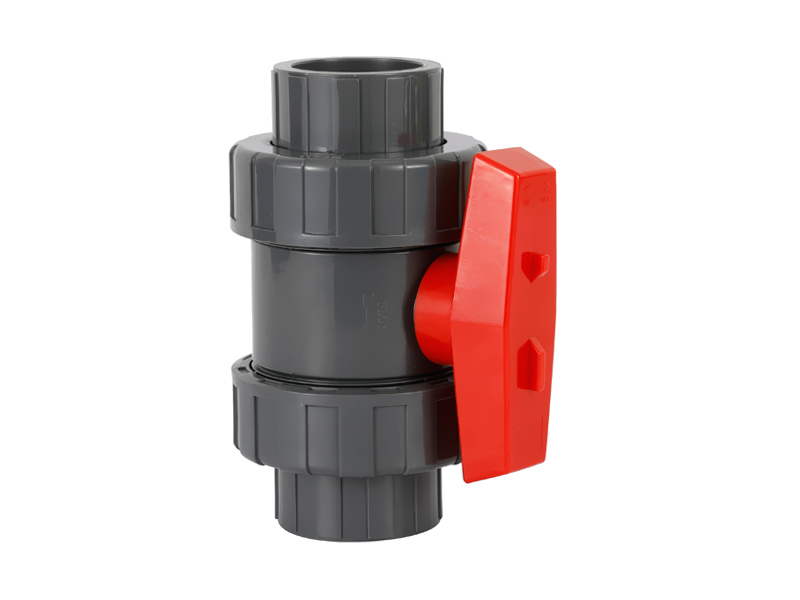

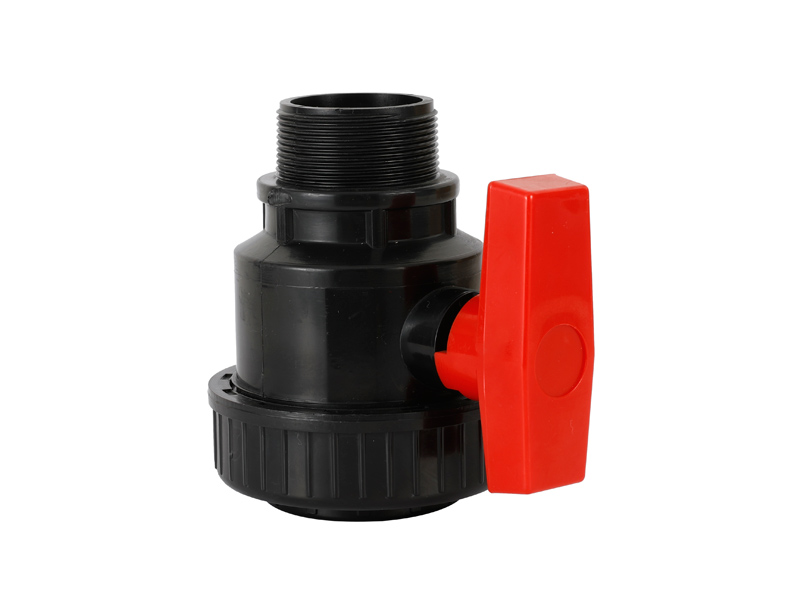
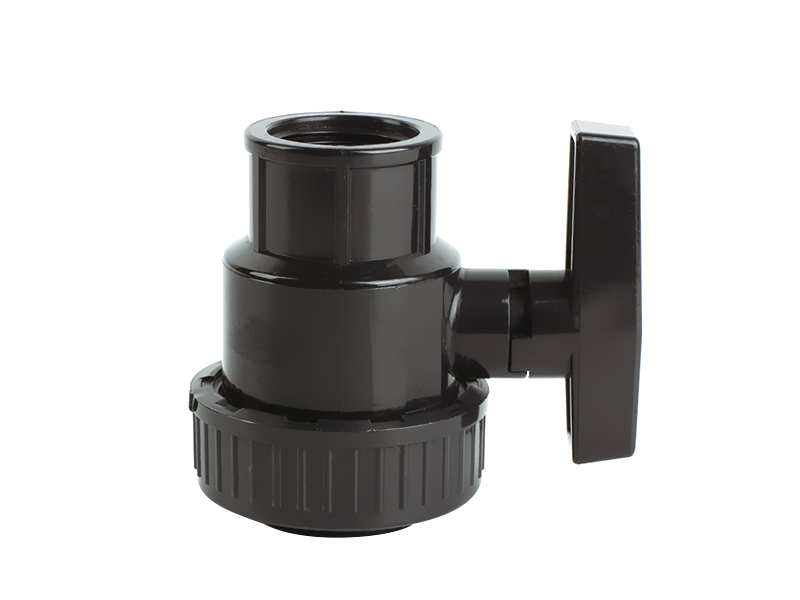
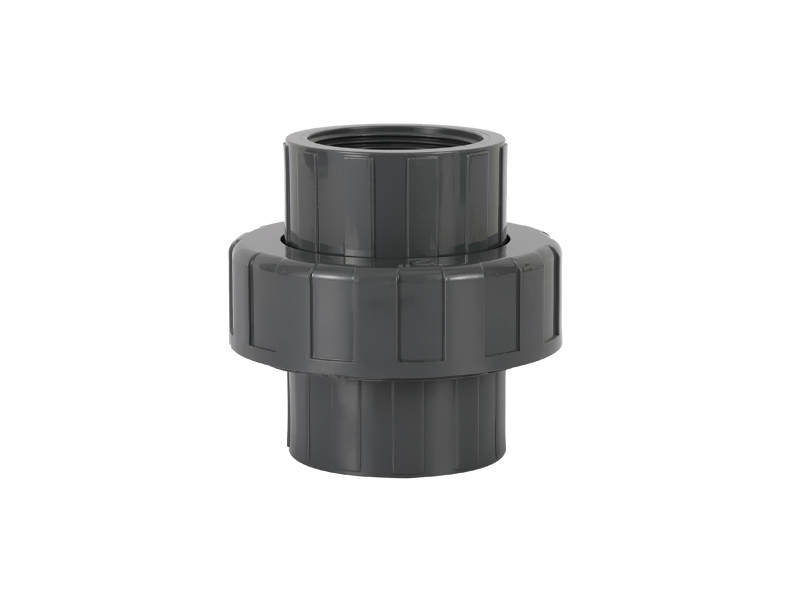
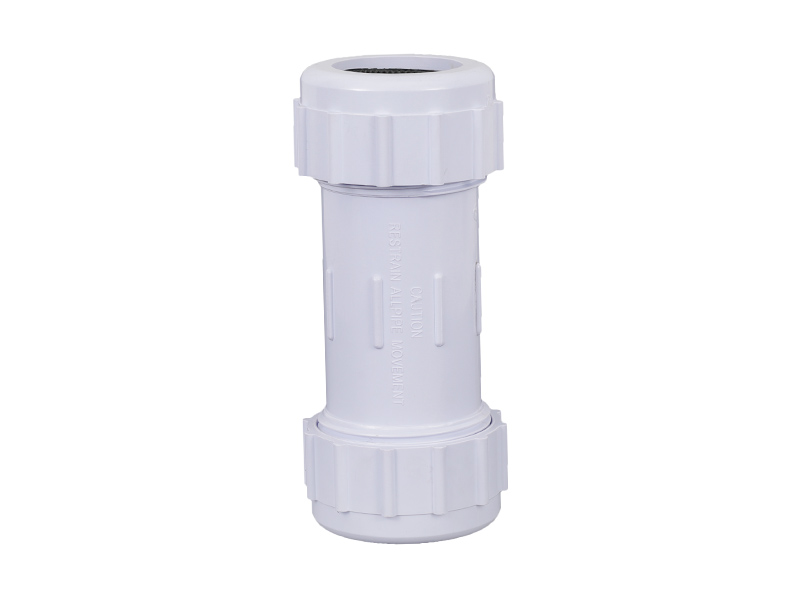
Choosing PVC (polyvinyl chloride) material for the cons […]
Choosing PVC (polyvinyl chloride) material for the construction of plastic PVC octagonal ball valves is a wise choice for several reasons, especially when it comes to water pressure applications. Here are the key factors that make PVC a preferred material:
Corrosion Resistance: PVC is highly resistant to corrosion, which is crucial in plumbing systems where water with various chemical compositions and pH levels may flow. Unlike metal valves, PVC valves do not rust or corrode over time, ensuring long-term reliability.
Chemical Resistance: PVC is resistant to a wide range of chemicals commonly found in water, including chlorine and other disinfectants. This resistance prevents chemical reactions that could degrade the valve's integrity, ensuring it maintains its functionality over time.
Durability: PVC is a durable material that can withstand the rigors of water pressure and temperature fluctuations without deforming or breaking. This durability is essential for maintaining the structural integrity of the valve and preventing leaks.
Lightweight: PVC valves are lightweight, which makes them easy to handle, install, and transport. This characteristic simplifies the installation process and reduces the risk of injury during handling.
Ease of Installation: PVC octagonal ball valves are typically available with solvent weld or threaded connections, making them easy to install in various plumbing systems. Solvent welding creates a strong bond between the valve and pipes, minimizing the risk of leaks.
Smooth Interior Surface: PVC has a smooth interior surface, which reduces friction and turbulence in the water flow. This smoothness is essential for maintaining consistent water pressure and optimizing the efficiency of the plumbing system.
Cost-Effective: PVC is a cost-effective material compared to many other options, including metal alternatives like brass or stainless steel. This cost efficiency makes it an attractive choice for both residential and commercial plumbing projects.
Low Maintenance: PVC valves require minimal maintenance. They do not need regular lubrication, painting, or other treatments to prevent corrosion or deterioration.
Wide Temperature Range: PVC can withstand a wide temperature range, making it suitable for both hot and cold water applications. This versatility is especially valuable in plumbing systems where temperature variations are common.
Environmental Considerations: PVC is recyclable, and many PVC products are made from recycled PVC materials, promoting sustainability and environmental responsibility in plumbing systems.
Compliance with Standards: PVC materials used in plumbing applications typically meet industry standards and regulations for quality and safety, ensuring that PVC octagonal ball valves are suitable for use in various settings.
In summary, PVC is a highly suitable material for plastic PVC octagonal ball valves used to control water pressure due to its corrosion resistance, chemical resistance, durability, ease of installation, cost-effectiveness, and environmental considerations. These qualities collectively make PVC a reliable and efficient choice for maintaining optimal water pressure in plumbing systems while ensuring long-lasting performance.
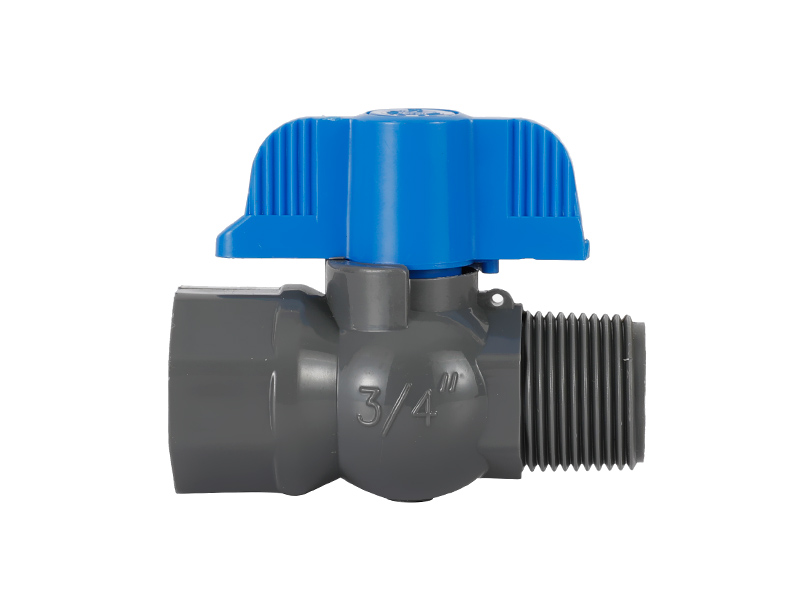
The male ball valve design is a key characteristic...
MORE >>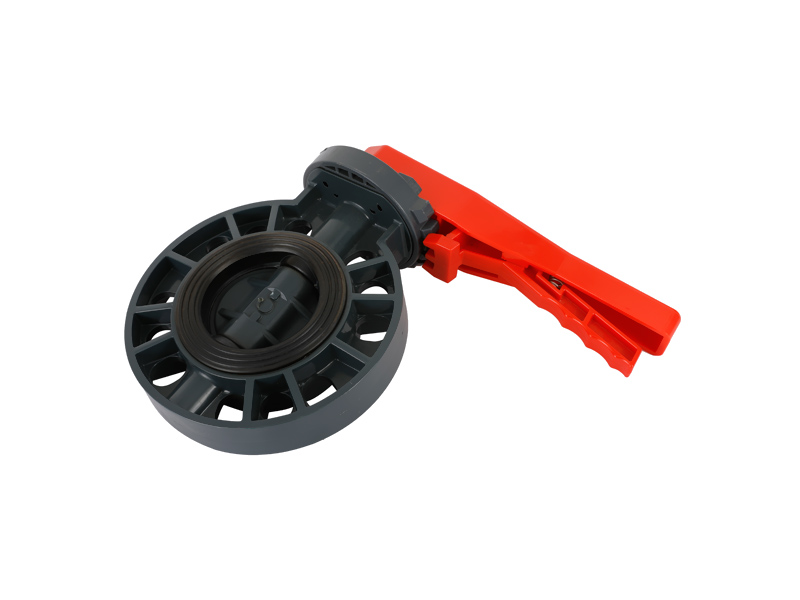
In today's modern world, efficient and reliable wa...
MORE >>
Copyright ©All rights reserved:Zhejiang Xier Plastic Valve Lead Co.,LTD. PVC Ball Valves Manufacturers Technical support: HWAQ  浙公网安备 33060402001174号
浙公网安备 33060402001174号

 English
English España
España عربي
عربي